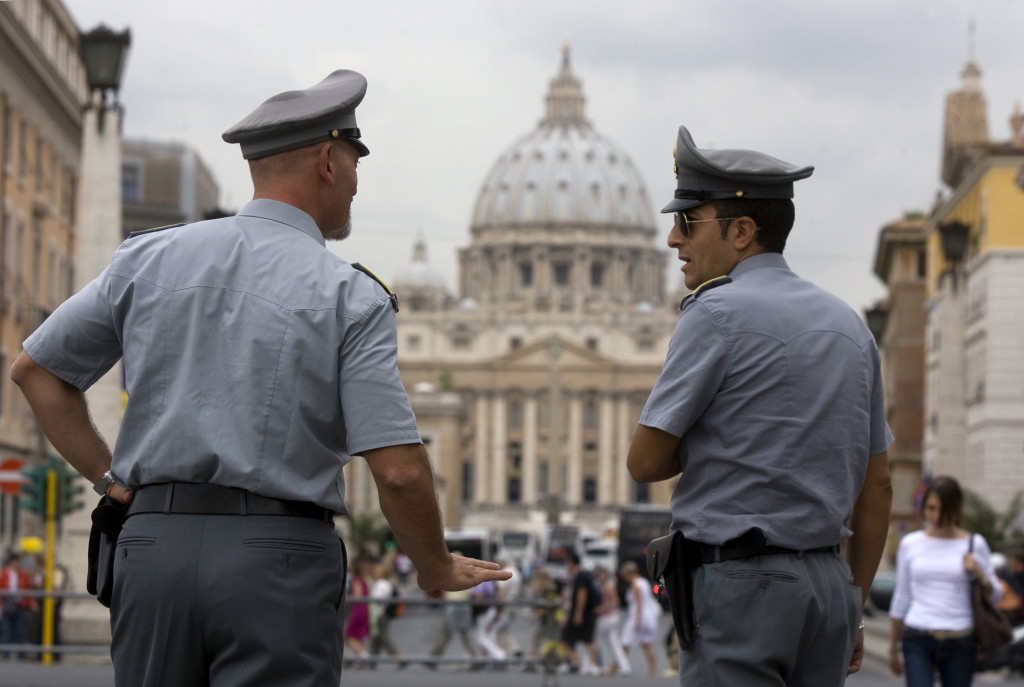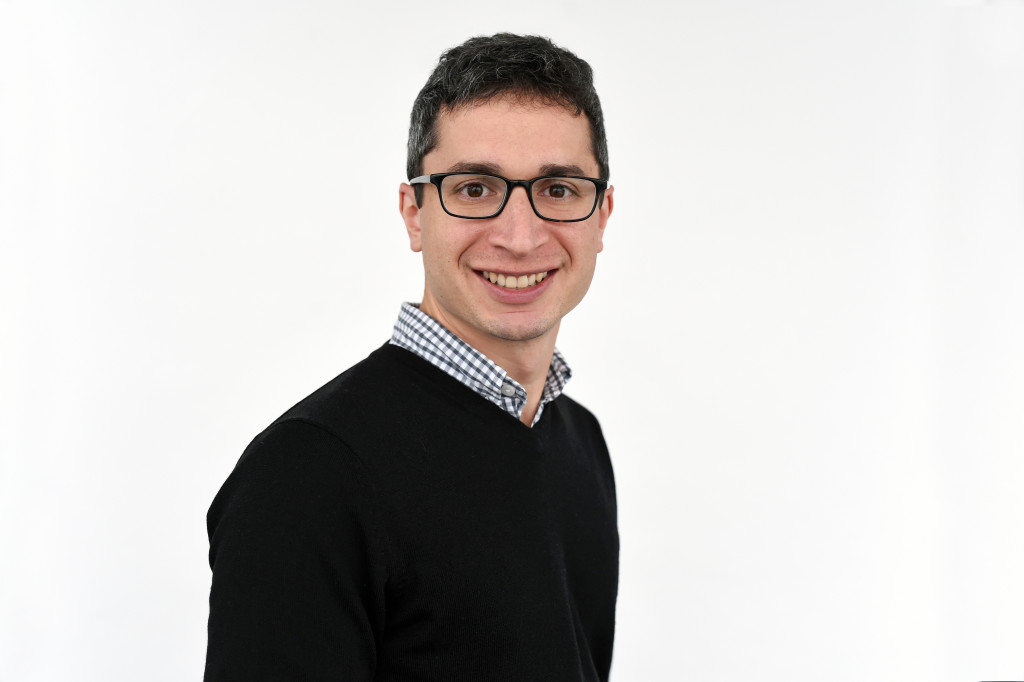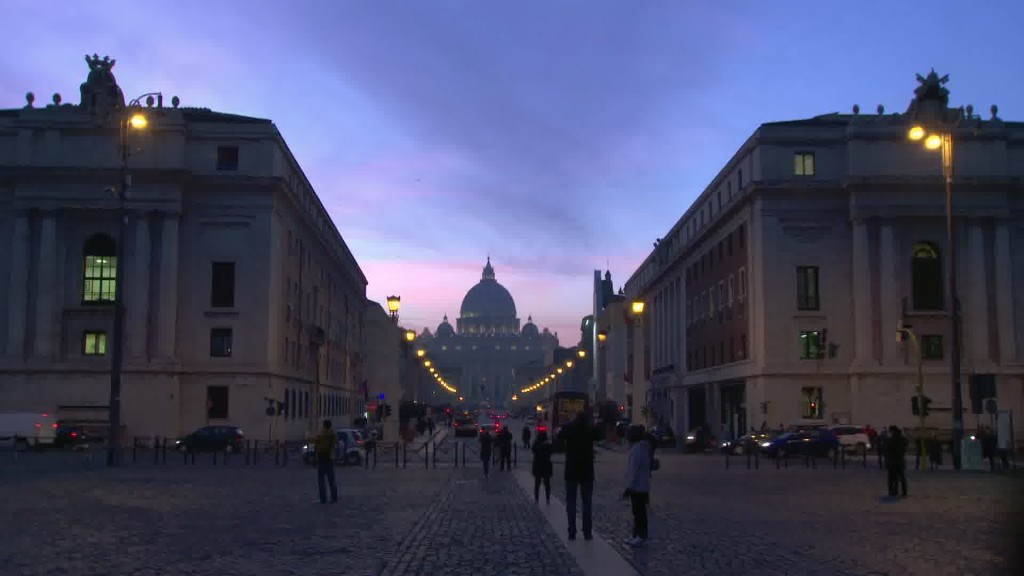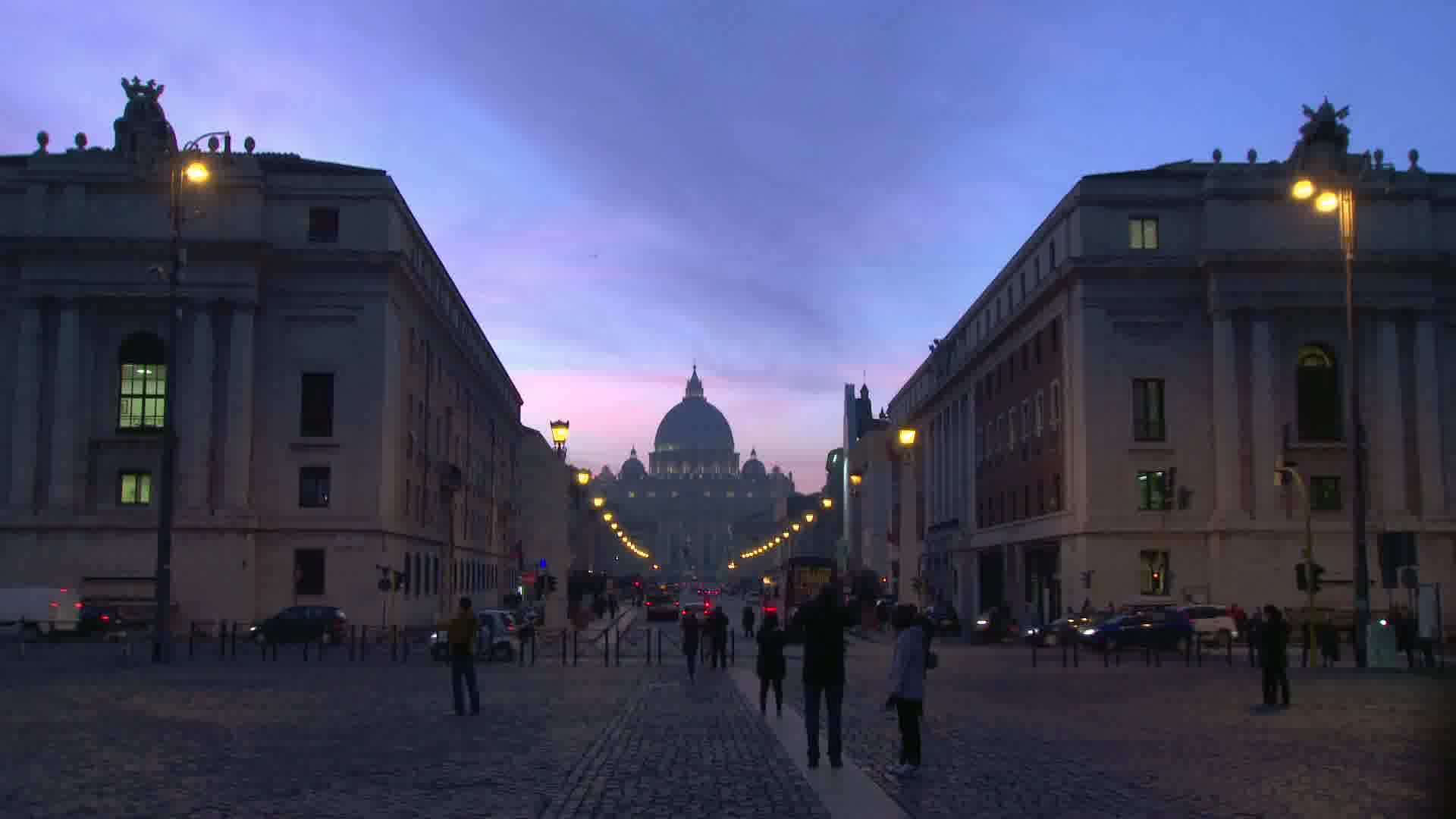Pope Francis Appoints New Watchdog for Vatican Finances

February 24, 2014
Share
Pope Francis announced a sweeping set of reforms for the Vatican’s scandal-plagued financial system on Monday, establishing a new central office with broad authority over the Vatican’s economic and administrative affairs.
Cardinal George Pell, the archbishop of Sydney, will head the new office, which is being called the Secretariat for the Economy. Pell will work with a council of eight bishops and seven lay financial experts to prepare an annual budget, conduct financial planning and oversee various support functions, such as human resources and procurement. The pope will also name an auditor general who, according to a Vatican news release, “will be empowered to conduct audits of any agency of the Holy See and Vatican city state at any time.”
The changes come as Pope Francis continues to weigh the future of the Vatican bank — otherwise known as the Institute for Works of Religion (IOR) — amid ongoing criticism over its struggles to adhere to international financial transparency standards. Those struggles reached a tipping point in 2010, when Italian investigators froze 23 million euros held by the IOR in two Italian banks on suspicion of possible money laundering violations. Lacking confidence in the IOR, Italy’s central bank shut down electronic payments in and around St. Peter’s Square, effectively turning the Vatican into a cash-only city-state.
In the following scene from tomorrow night’s FRONTLINE investigation, Secrets of the Vatican, award-winning director Antony Thomas traces what happened next: a power struggle within the Vatican administration; resistance to opening the bank’s books; and ultimately the resignation of the man Pope Benedict brought in to clean up the IOR, Italian economist Ettore Gotti Tedeschi.
“I was very disappointed, hurt and upset,” Tedeschi later said about the scandal. “I had been abandoned by the world of my Church. It was so painful.”
The power struggle over the Vatican bank is only one of a series of the scandals that has roiled the Holy See in recent years. In Secrets of the Vatican FRONTLINE tells the epic, inside story of the collapse of Benedict’s papacy — and illuminates the extraordinary challenges facing Pope Francis as he tries to reform the powerful Vatican bureaucracy, root out corruption, and chart a new course for the troubled Catholic Church and its 1.2 billion followers.
Secrets of the Vatican airs tomorrow on most PBS stations (check local listings here), or you can watch the film online, starting at 9 pm EST.

Related Documentaries
Latest Documentaries
Related Stories
Related Stories
Explore
Policies
Teacher Center
Funding for FRONTLINE is provided through the support of PBS viewers and by the Corporation for Public Broadcasting, with major support from Ford Foundation. Additional funding is provided the Abrams Foundation, Park Foundation, John D. and Catherine T. MacArthur Foundation, Heising-Simons Foundation, and the FRONTLINE Trust, with major support from Jon and Jo Ann Hagler on behalf of the Jon L. Hagler Foundation, and additional support from Koo and Patricia Yuen. FRONTLINE is a registered trademark of WGBH Educational Foundation. Web Site Copyright ©1995-2025 WGBH Educational Foundation. PBS is a 501(c)(3) not-for-profit organization.





















